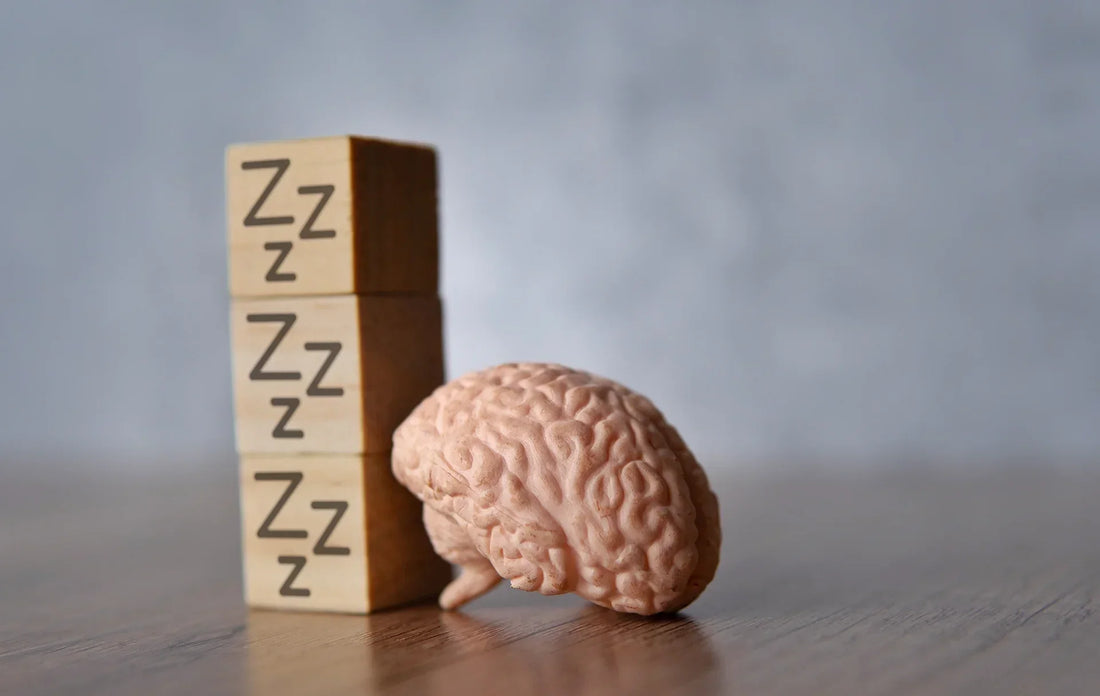How Sleep Can Influence Neurodegenerative Diseases

We often hear that “sleep is the best medicine,” but science now shows just how true this may be. Especially for the brain. Sleep is not only a time for rest; it is a highly active process that clears waste, consolidates memories, and restores balance in the nervous system. For people at risk of or living with neurodegenerative diseases such as Alzheimer’s and Parkinson’s, poor sleep can accelerate decline, while good sleep may help protect cognitive function and overall brain health.
Sleep and our Brain
During deep sleep, the brain’s glymphatic system flushes out toxins, including beta-amyloid proteins that are strongly linked with Alzheimer’s disease.¹ When sleep is disrupted, these proteins accumulate, increasing the risk of neurodegeneration.
Sleep disturbances are also highly common in Parkinson’s disease, often appearing years before motor symptoms. Conditions like REM sleep behavior disorder are now considered potential early warning signs of Parkinson’s.²
Poor sleep increases inflammation and oxidative stress, both of which play a role in damaging neurons and accelerating cognitive decline.³ On the other hand, restorative sleep strengthens synaptic connections, supports neuroplasticity, and improves emotional regulation.⁴
Practical Tips for Supporting Brain Health Through Sleep
• Keep a regular schedule: Going to bed and waking up at consistent times helps regulate circadian rhythms.
• Create a sleep-friendly environment: Darkness, cool temperatures, and reduced noise make deep sleep more likely.
• Limit stimulants: Caffeine, alcohol, and late-night screen exposure can interfere with sleep cycles.
• Incorporate relaxation routines: Light stretching, meditation, or calming music can prepare the body and mind for rest.
• Seek medical advice: Persistent sleep disturbances should be evaluated, as they may signal underlying conditions.
Sleep is a cornerstone of brain health, clearing toxins, reducing inflammation, and supporting neuroplasticity. Poor sleep disrupts the gut microbiome, which influences neurotransmitters, mood, and cognition.⁵ By protecting microbial balance and reducing inflammation, Cerenovex complements healthy sleep habits.⁶ Together, sleep and neurobiotics create a foundation for resilience against cognitive decline.
References:
1) https://www.science.org/doi/10.1126/science.1241224
2) https://pubmed.ncbi.nlm.nih.gov/25867792/
3) https://pubmed.ncbi.nlm.nih.gov/26140821/
4) https://pubmed.ncbi.nlm.nih.gov/16376591/
5) https://www.mdpi.com/2072-6643/16/14/2259
6) https://www.sciencedirect.com/science/article/pii/S0261561423002042


